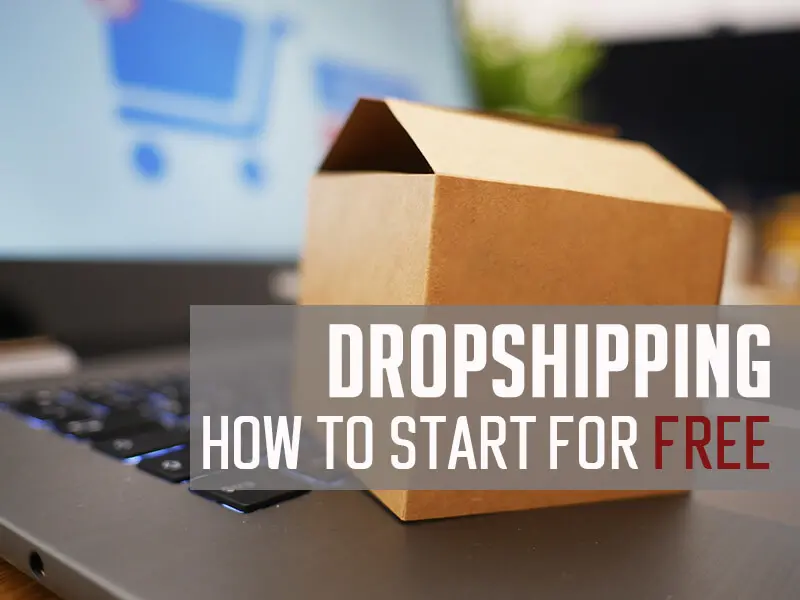Unlock the Secrets to Finding the Perfect Dropshipping Suppliers for Your Success!
In the dynamic world of e-commerce, dropshipping has emerged as a popular business model that allows entrepreneurs to sell products without holding inventory. This method not only reduces overhead costs but also offers flexibility and ease of entry into the market. However, the key to a successful dropshipping venture lies in selecting the right dropshipping suppliers. These suppliers are the backbone of your business, impacting everything from product quality to shipping times. In this article, we aim to equip you with the knowledge and strategies necessary to find the ideal suppliers for your dropshipping business.

Understanding Dropshipping Suppliers
Dropshipping suppliers are third-party vendors that fulfill orders on behalf of a retailer. When a retailer makes a sale, the supplier ships the product directly to the customer, eliminating the need for the retailer to handle inventory. There are various types of dropshipping suppliers, including wholesalers who buy items in bulk and offer them at a discounted price, manufacturers who produce goods and sell them directly, and online marketplaces that connect retailers with a variety of suppliers. Each type of supplier has its own set of advantages and challenges, making it essential to understand their roles in the dropshipping ecosystem.
Key Criteria for Choosing the Right Dropshipping Suppliers
When selecting dropshipping suppliers, several critical factors must be considered to ensure business success. First and foremost is product quality. High-quality products lead to satisfied customers and repeat business. Additionally, shipping times are crucial; customers expect fast delivery, so reliable suppliers with efficient shipping processes are essential. Customer service is another vital factor; a supplier should be responsive and helpful in addressing any issues that arise. Lastly, return policies should be clear and reasonable, as they can significantly impact customer satisfaction and trust.
Evaluating Product Quality
Assessing the quality of products offered by suppliers is a pivotal step in the selection process. One effective method is to place sample orders to evaluate the product firsthand. This allows you to check the quality, packaging, and overall presentation. Additionally, looking at customer reviews and ratings can provide insights into other buyers' experiences with the products. A friend of mine once ordered samples from multiple suppliers, and the difference in quality was striking; this hands-on approach can save you from future headaches.
Shipping and Delivery Considerations
Shipping times and delivery reliability are paramount in the dropshipping process. Customers are accustomed to fast shipping, and long wait times can lead to dissatisfaction and abandoned carts. When evaluating suppliers, inquire about their shipping policies, average processing times, and delivery options. Some suppliers may offer expedited shipping for an additional fee, which can be a selling point for your business. It's essential to ensure that the suppliers you choose can meet your customers' expectations consistently.
Where to Find Reliable Dropshipping Suppliers
Locating reliable dropshipping suppliers can be done through several avenues. Online directories are a great starting point, as they often categorize suppliers by niche and provide reviews from other retailers. Trade shows can also be invaluable, offering opportunities to meet suppliers face-to-face, view their products, and negotiate terms directly. Networking within industry groups—whether online or in-person—can lead to recommendations and connections with trustworthy suppliers. A colleague of mine built a successful dropshipping business by attending a local trade show and discovering a hidden gem of a supplier.
Building a Relationship with Your Suppliers
Establishing a strong relationship with your suppliers is essential for long-term success. Communication is key; keep an open line to discuss orders, issues, and feedback. Being transparent about your business needs and expectations helps foster trust. Additionally, don’t shy away from negotiation; many suppliers are willing to work with you on pricing and terms, especially as your order volume increases. A personal touch, such as sending a thank-you note or acknowledging their hard work, can go a long way in building rapport.
Selecting the Right Suppliers for E-commerce Success
In conclusion, choosing the right dropshipping suppliers is a critical component of your e-commerce success. By understanding the role of suppliers, evaluating key criteria such as product quality, shipping reliability, and customer service, and knowing where to find reliable options, you can set your business up for growth. Remember to invest time in building relationships with your suppliers, as this can lead to better terms and improved service. Take action on the strategies outlined in this article, and watch your dropshipping business thrive!










Comments